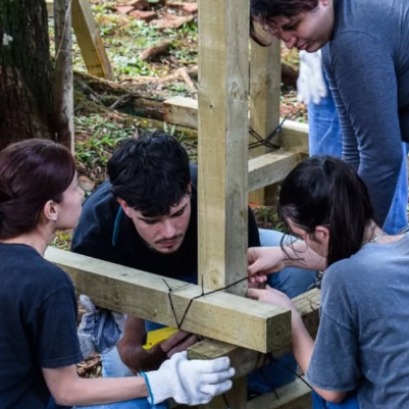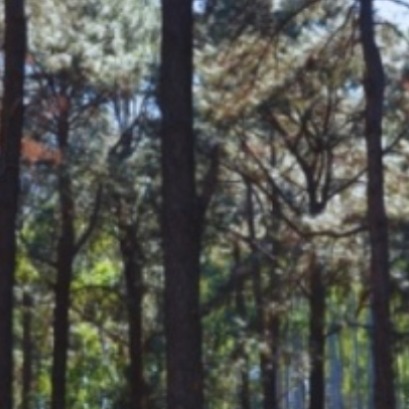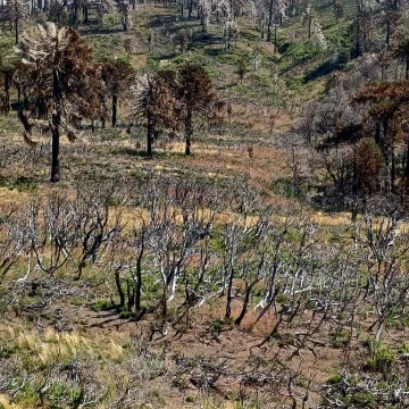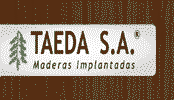
Ligna 2025 already opened its doors in Hannover
Today Monday, May 26, Ligna 2025 began, the most important international fair in the world dedicated to the wooden industry and Latin formation. Until May 30, Hannover will be the meeting point for companies, professionals and specialists around the world.
With more than 1,300 exhibitors from all continents, Ligna 2025 presents the latest innovations in machinery, automation, digitalization and sustainable solutions applied to wood work. In this edition, intelligent manufacturing processes, efficient resource management and the development of sustainable materials charge special prominence.In addition, live demonstrations, spaces dedicated to carpentry 4.0, and international forums where trends that will mark the future of the industry are highlighted.The Fair takes place at the Deutsche Messe Fairground, with more than 120,000 m² of exhibition and an expectation of visitors that exceeds 90,000 people.Why is Ligna key to the sector?Constant innovation: Technologies are presented that change the way to produce and design with wood.Global scale: exhibitors and visitors from more than 50 countries.Networking and Business: It is the starting point of strategic alliances and new commercial opportunities.Ligna 2025 is not just an exhibition: it is a window to the future of wood.
IT MAY INTEREST YOU
 Architecture with identity: university students from Argentina and Paraguay design and build with missionary wood
Architecture with identity: university students from Argentina and Paraguay design and build with missionary wood
The Faculty of Art and Design (FAyD) of the National University of Misiones (UNaM) hosted the inauguration of the first edition of “Yvyvyrá: territory, matter and architecture”, an international workshop that promotes learning, experimentation and architectural design using wood and other materials typical of the biomes of the Atlantic Forest (Paranaense Forest) and the Humid Chaco.
 They promote research in pine resins from the NEA
They promote research in pine resins from the NEA
The forestry industry is one of the most important sectors in the economies of Misiones and Corrientes. Thousands of hectares of pine supply the paper, pulp, boards and sawmill industry. Pinus elliottii, one of the species established in the region, in addition to providing wood, is used to produce resin, a non-wood forest product with high demand in the chemical, pharmaceutical and cosmetic industries. In 2\024, resin extraction of approximately 52,6\0\0 tons was achieved from approximately 18,\0\0\0,\0\0\0 trees in production, generating income and jobs with high expansion potential.
 Specialists from 10 provinces develop forest landscape restoration strategies throughout the country
Specialists from 10 provinces develop forest landscape restoration strategies throughout the country
The program is developed by researchers from INTA, Conicet and the Argentine Wildlife Foundation.





















